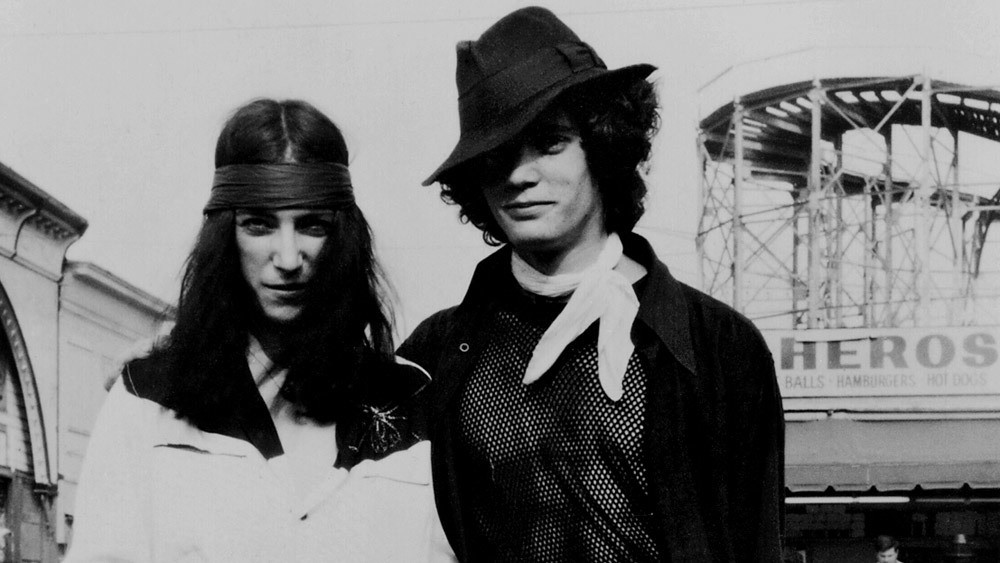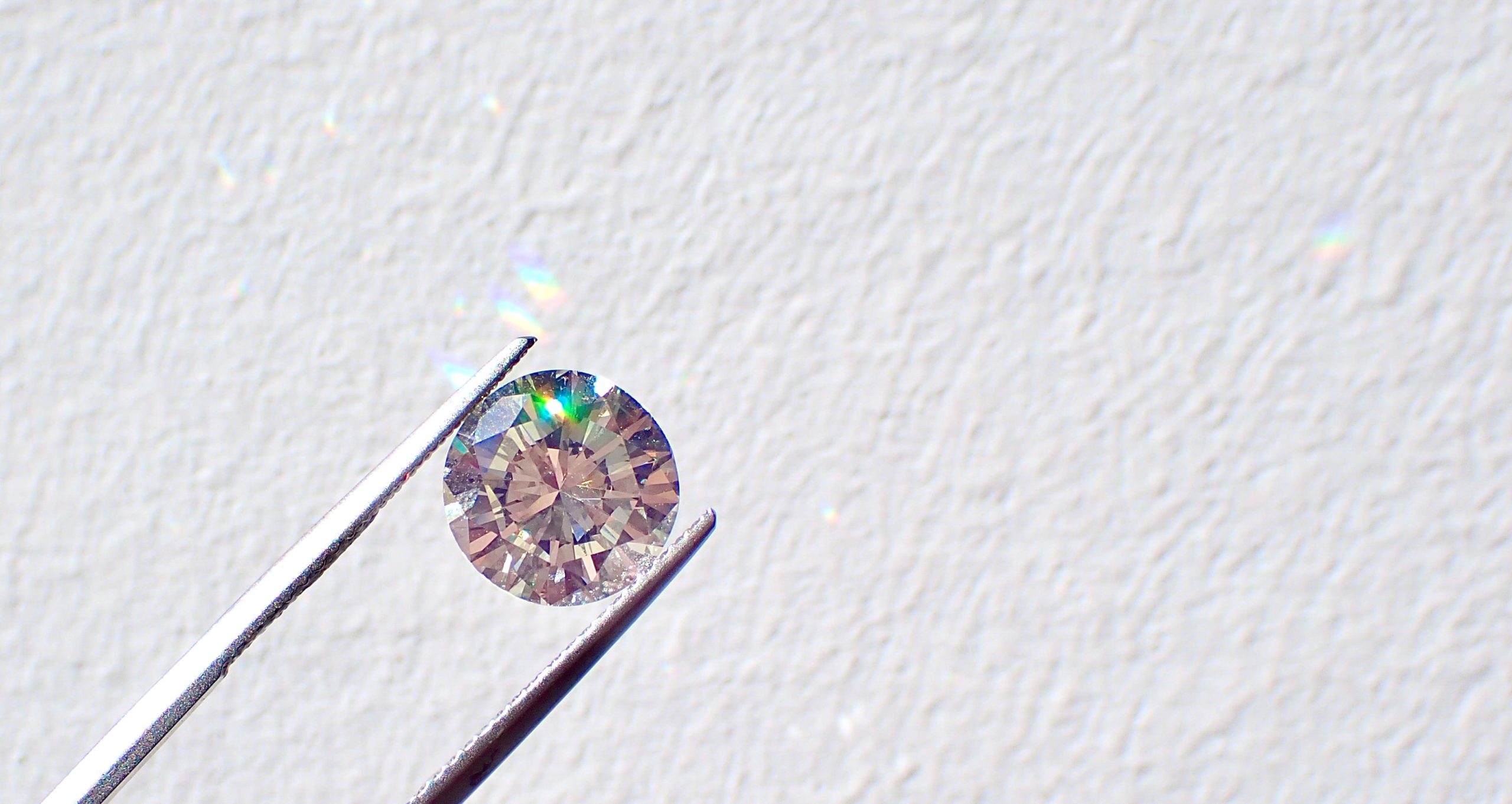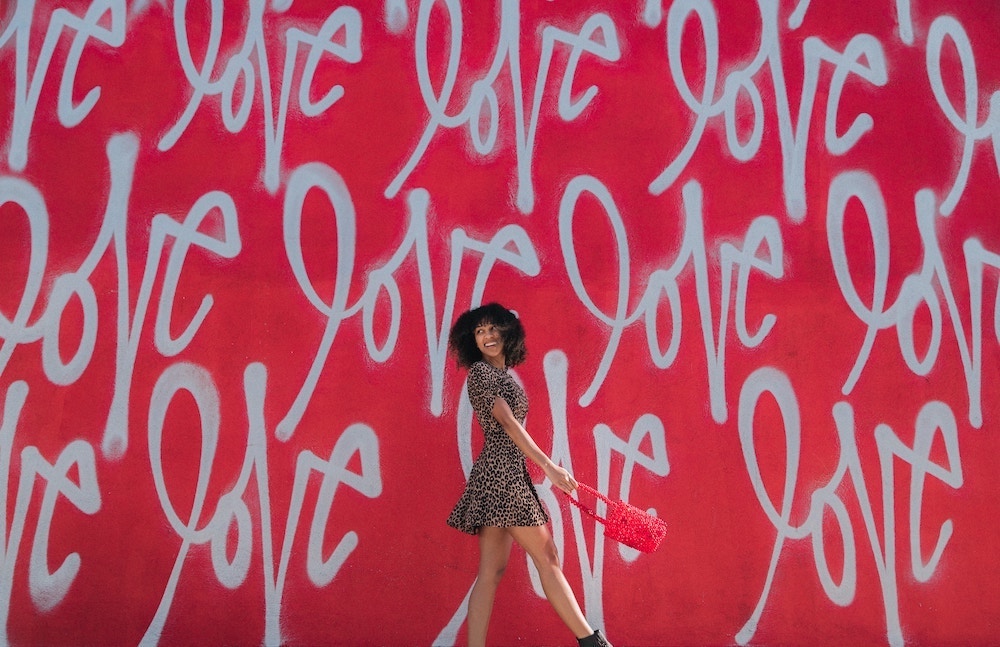Reading Lists
Literature’s Great Alternative Families

An author looks at the deep bonds that hold together literature’s most memorable families of choice

There is no shortage of pithy, heartwarming or glib adages about family. Oscar Wilde said, “After a good dinner one can forgive anybody, even one’s own relations,” though this year, post-election, found plenty of blood relations tossed from celebrations and family gatherings. There’s another essential family, the constructed family, that motley crew of old friends who have loyally stuck by you over the years. This family we make — a branching original family tree — is where many of us turn when reckoning with The Big Questions. I think people trust their friends exactly because they don’t have to be our friends.
My third novel, Before Everything, explores the bonds of friendship, testing just how far people will go with one another. The breakdown or honoring of the nuclear family is a well-trod subject in literature. I wanted to consider some novels that celebrate profound love within the alternative family, those that are makeshift, surprising, and often shaped by extraordinary circumstance or history.
1. Winnie the Pooh by A.A. Milne
Children’s books might have created my love of the ragtag, constructed family, and this is my favorite, hands down. Pooh, Piglet, Eeyore, Owl, Christopher Robin, and Tigger — that ultimate trans-species family — celebrate birthdays, get lost together, work out hurt feelings and always finally embrace each other’s distinct and quirky habits.
2. Fugitive Pieces by Anne Michaels
Despite the devastating premise of this Holocaust novel, where a boy loses his parents and sisters while he hides in a kitchen cupboard, I have endlessly jammed this book into the hands of friends telling them they are in for an extraordinary treat. Michaels has woven such a gorgeous story about love and the opportunity to repair what is broken. Athos, a Greek archaeologist finds Jakob buried in mud and becomes his surrogate parent giving him protection, guidance, education while helping him reckon with a fragmented past that cannot ever be fully understood.
3. The Adventures of Huckleberry Finn by Mark Twain
I think Huck and Jim are our great American outlaw family, on the run from the immorality and hypocrisy of slavery. I especially love the passages of them on their raft, their funny home that “floats(s) where the current wanted her to; then we lit the pipes and dangled our legs in the water, and talked about all kinds of things — we was always naked, day and night, whenever the mosquitoes would let us.”
4. The Maytrees by Annie Dillard
I don’t think it’s any accident that Dillard used Provincetown, Massachusetts — that ramshackle village of fishermen, artists and a LGBTQ community that has harbored many a created family over the years — as the setting for her novel. This book reminds me that erotic love might dwindle, couples drift apart, or find other lovers, but what endures to shape an enduring family is people’s deep sense of responsibility to one another. I promise you your copy will be dog-eared and underlined with remarkable passages about loyalty, love and friendship.
5. Of Mice and Men by John Steinbeck
George and Lennie are the ultimate oddball duo. The seasonal lives of itinerant laborers remind us of bonds and brutal choices shaped by necessity and a need to dream of a real home. This raw punch of a novel takes Lennie’s triumphant ode to male friendship, “I got you to look after me, and you got me to look after you, and that’s why,” to a most dire consequence that wrecks me every time I read the book.
6. The Year of the Runaways by Sunjeev Sahota
The intertwined stories of Avtar, Randeep, Tochi and Narinder shape a difficult and perfect story of creating love from nothing. Hungry, with little opportunity and under fear of deportation, this fragile family of housemates speaks profoundly to current global migrations and how, despite extraordinary suffering, we keep trying to move forward to make make any hopeful chance for a better life.
7. “The Used Boy-Raisers” by Grace Paley
In Grace Paley’s short story, “The Used Boy-Raisers” from her first collection The Little Disturbances of Man when ex husbands eat breakfast eggs with new husbands the idea of the traditional nuclear family is challenged from the very first sentence. In this collection and her two subsequent story collections, Paley’s characters expand the terms of family to include every mom on the playground, shopkeeper, lover, political ally and tough kid on the block while still dearly embracing fathers, mothers and every bossy aunt.
8. The Underground Railroad by Colson Whitehead
From the opening chapter of this remarkable young woman’s escape odyssey, mixing the factual with the fantastic, we understand that slavery wreaked horrific, irreparable damage on African families and generations of African-Americans born into American slavery. The litany of loss in the opening pages is stunning, children torn from their parents and village, families separated, sold off to plantations in different states; husbands, wives and their offspring split at the whim of owners. The constructed family emerges as necessity in the midst of this extremity although the new patchwork family is also easily crippled and warped by the institution of slavery. Once Cora and Caesar run away, we embark on a breathtaking and painful odyssey where every choice and act of trust creates the possibility for genuine connection and betrayal.
9. LaRose by Louise Erdrich
Maybe every novel by Louise Erdrich showcases her exploration of family and shifting familial webs, but in LaRose, her most recent complex novel, where, after the accidental death of one child, another child is given away following an ancient tribal custom, family boundaries are rearranged and readers are asked to consider how to forgive others and themselves.
10. Drop City by T.C. Boyle
It’s not possible to make a list of makeshift families without including at least one disaster attempt at a non-traditional family, and Drop City is exactly that. From an early scene of children on a commune being ladled LSD-laced punch as part of the their lunch meal, I was cringing and entirely in for the ride.
11. Just Kids by Patti Smith
Her loving portrait of her extraordinary friendship with Robert Mapplethorpe — young, adventurous, artists carving their path in New York City, 1967 — is an ode to that first exciting alternative family shaped by passion and vision and youth. Reading Just Kids took me back to my own scrappy, excited first years in New York where each day’ s encounters brimmed with possibility.
12. Motherless Brooklyn by Jonathan Lethem
Maybe Dickens gave us the classic quest for new family in Great Expectations but so does Lionel Essrog, Lethem’s orphan narrator in Motherless Brooklyn. Essrog sputters and twirls with Tourettic urgency to deliver his unlikely crew of brothers gathered, tutored and fathered by Frank Minna — small-time crook, detective, and owner of a Brooklyn limo agency. After Minna is murdered the family structure collapses and it’s the outcast Essrog’s chance to untangle the whodunnit in this genre-bending novel.
13. Find Me by Laura Van Den Berg
Joy, the lonely, addicted narrator of Van Den Berg’s dystopian, post-apocalyptic novel reluctantly makes a family of the other quarantined patients all the while searching for and imagining a reunion with the mother who abandoned her as a child. The tension between Joy’s desire for and resistance to make genuine connection and attachments makes this such a breathtaking vision of our very human need for being known.
Great Dysfunctional Families of Fiction: A Reading List
About the Author

Victoria Redel is the author of the new novel, Before Everything, as well as four previous works of fiction and three collections of poetry. She has contributed to The New York Times, the Los Angeles Times, Elle, O, the Oprah Magazine, Granta, One Story, and the Harvard Review. She received her MFA in poetry from Columbia University and teaches at Sarah Lawrence College. She lives in Manhattan.






















